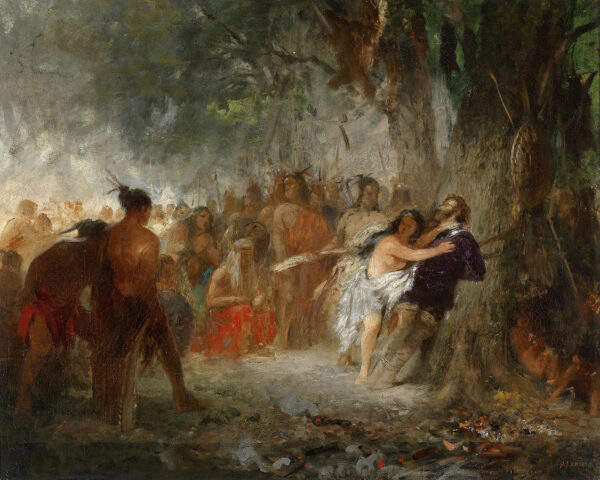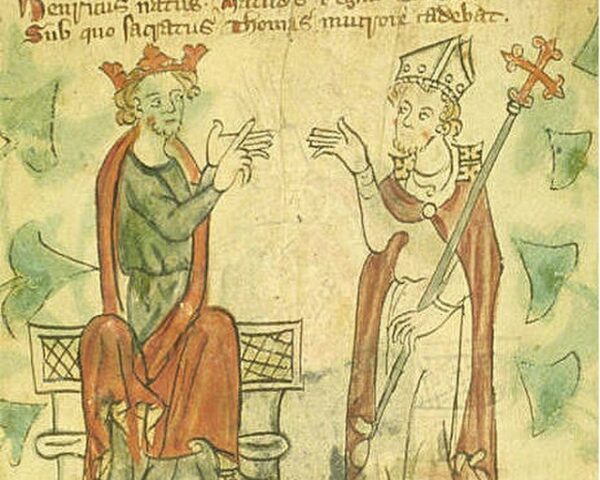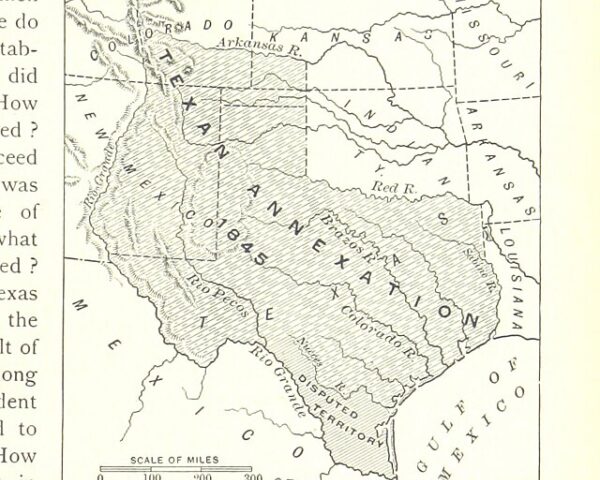When King George III strode into the House of Lords on October 27, 1775, the ornate chamber was heavy with ceremony, but also with the weight of war. Three months earlier, British troops had fought colonial militiamen at Lexington and Concord. Now, the King’s “speech from the throne,” delivered at the opening of Parliament, made plain that reconciliation with the Thirteen Colonies was no longer an option.
“I have exerted every means in my power to reconcile the unhappy differences,” the monarch declared, “but the authors of this desperate conspiracy have at length openly avowed their revolt.” His tone was less that of a grieving father than a ruler girding for battle. The speech formally expanded upon his August 23 Proclamation of Rebellion, which had labeled colonial resistance an insurrection and ordered royal officials and loyal subjects to suppress it. By October, the King sought not mediation but victory. “The rebellious war,” he told Parliament, “is manifestly carried on for the purpose of establishing an independent empire.”
Behind the scenes, ministers such as Lord North and Lord Germain had framed the address to justify the government’s next step—raising German auxiliaries and expanding British regular forces for a continental campaign. The King’s words carried that resolve to the world: his government would “take the most effectual measures” to end the revolt and “restore to my subjects in America that happy and prosperous condition which they formerly enjoyed.” In other words, submission first, conciliation later.
The address electrified London and infuriated the colonies. The King accused American leaders of “aiming at absolute independence” and condemned the Continental Congress for seducing “ignorant and unwary” people into rebellion. He promised leniency only to those who returned promptly to obedience—a promise that, to colonial ears, sounded less like mercy than menace. By casting the conflict as treason rather than a political dispute, the King erased the last space for compromise that moderates like Edmund Burke had tried to preserve.
Reactions inside Parliament mirrored the empire’s division. Lord Chatham (William Pitt the Elder) rose to warn that Britain was driving her own children to despair. “You cannot conquer America,” he thundered. Burke lamented the King’s blindness to colonial grievances, noting that coercion would destroy the affection that had bound Britain’s Atlantic world together. Yet the majority of both Houses cheered the monarch. The Commons swiftly voted to raise new troops, and the Lords passed an Address echoing the King’s condemnation of “open and avowed rebellion.”
In the colonies, copies of the speech arrived early the next year, confirming what many already suspected: that the breach with Britain was irreparable. “We have been charged with aiming at independence,” wrote John Adams in response. “Be it so.” Thomas Paine, soon to publish Common Sense, would cite the King’s words as proof that monarchy itself was incompatible with liberty.
The October 27 speech marked the moment when imperial reform became revolution. George III’s insistence on obedience underpinned every subsequent British action—from the hiring of Hessian troops to the proclamation blockading colonial ports. To Americans, the King’s appeal to “divine providence” in suppressing rebellion confirmed that negotiation was futile; Providence, they believed, was on their side.
Within nine months, those who had been branded traitors would declare independence. Yet in 1775, as courtiers bowed and clerks recorded the royal words for the journals of Parliament, the future was still uncertain. The King’s voice echoed through Westminster with unshaken confidence: “The deluded Americans shall feel the difference between a state of anarchy and the protection of a wise and beneficent government.” It was a promise—and a prophecy—that history would swiftly overturn.






